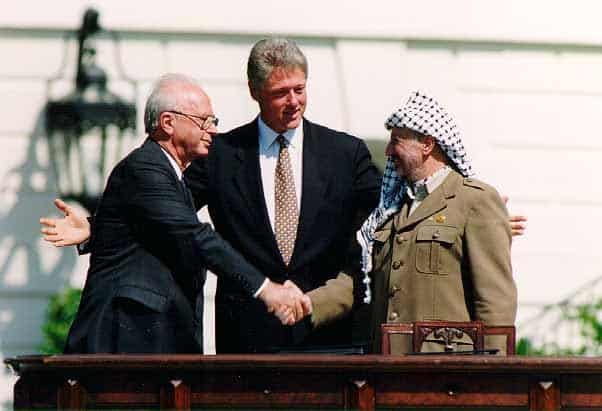
Since the founding of Israel in 1948, the United States has been a close ally, though there has been a varying degree of support from different presidents.
Based on each president’s policies, we’ve put them in order from the most supportive to the least supportive below. The most supportive president is at the very end!
Let’s get started:
Why We’re Covering This

Israel and the United States are close economic partners. According to the Office of the United States Trade Representative, U.S. and Israel trade totaled to an estimated $50.6 billion in 2022. Since we cover the U.S. economy, it only makes sense that we would touch on Israel, too.
We’ve covered Israel in other articles, including what happens if Israel and Iran go to war.
11. Dwight D. Eisenhower
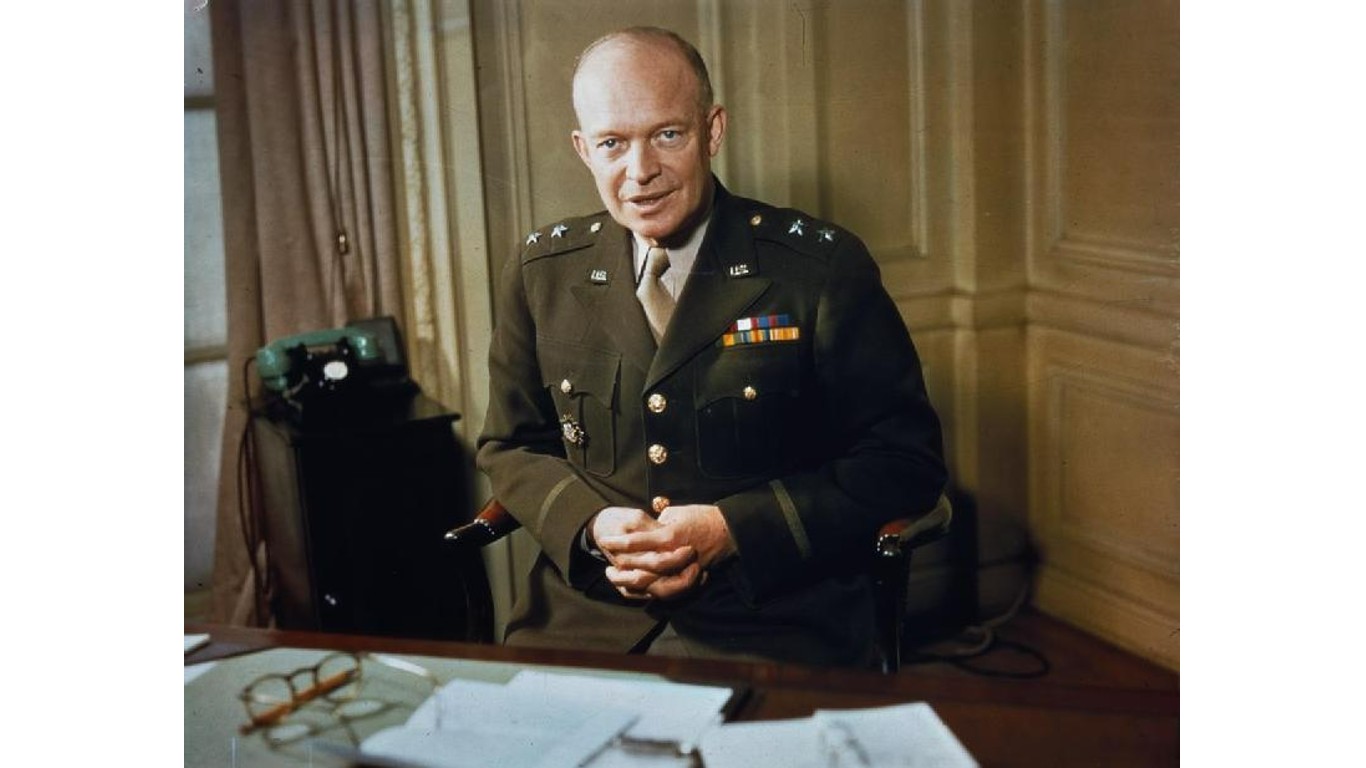
Eisenhower expressed a lot more caution towards Israel than other presidents. He also placed pressure on Israel during the 1956 Suez Crisis, eventually forcing Israel to withdraw from the Sinai Peninsula.
10. Gerald Ford
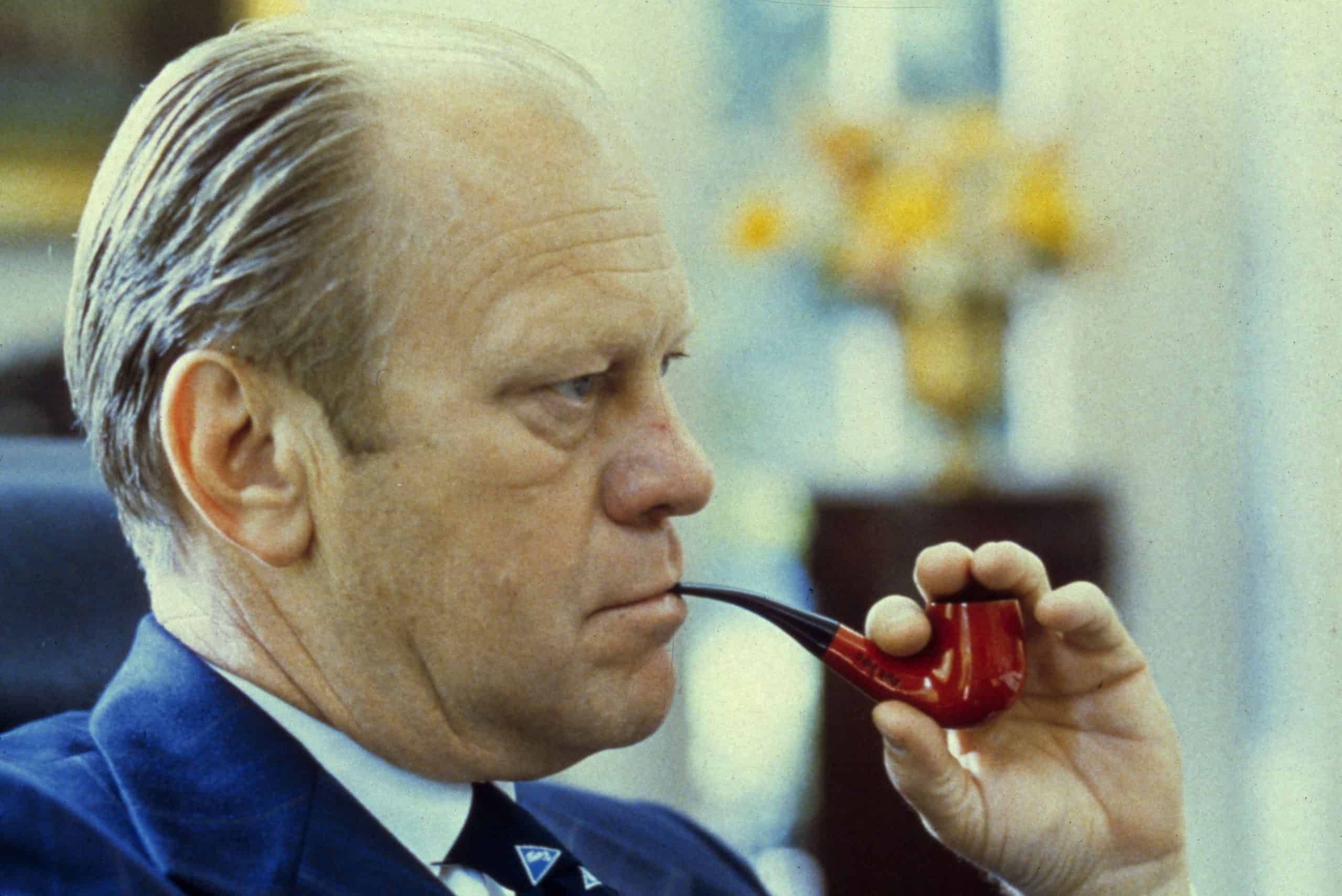
Gerald Ford did continue military support to Israel, but relations were strained over Israel’s unwillingness to enter into peace talks with Egypt. He even briefly suspended military aid in 1975.
9. Jimmy Carter
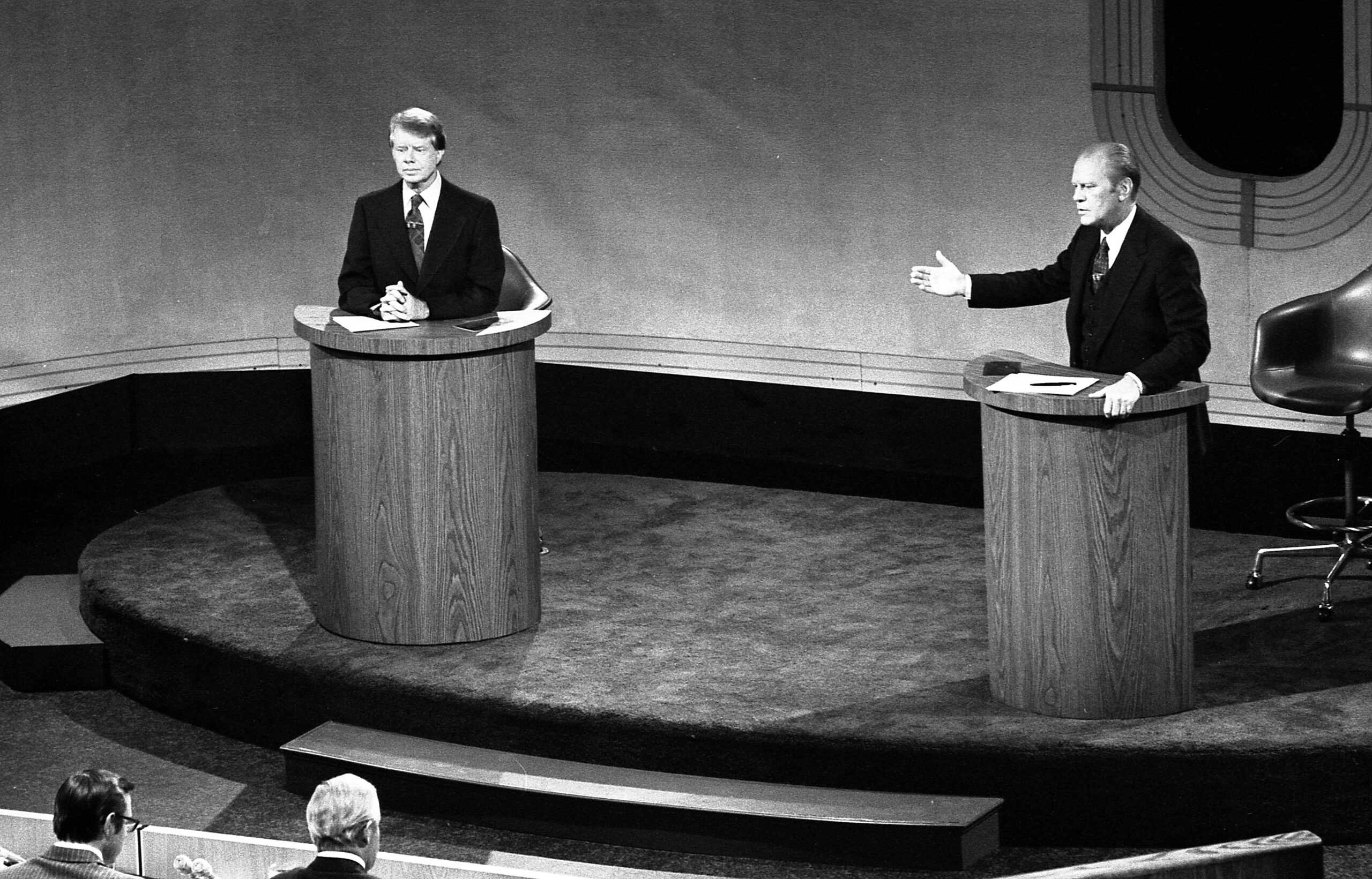
Jimmy Carter continued aid to Israel, but he did pressure Israel to make concessions for peace. He’s best known for his role in the Camp David Accords, which led to peace between Israel and Egypt.
8. George H. W. Bush
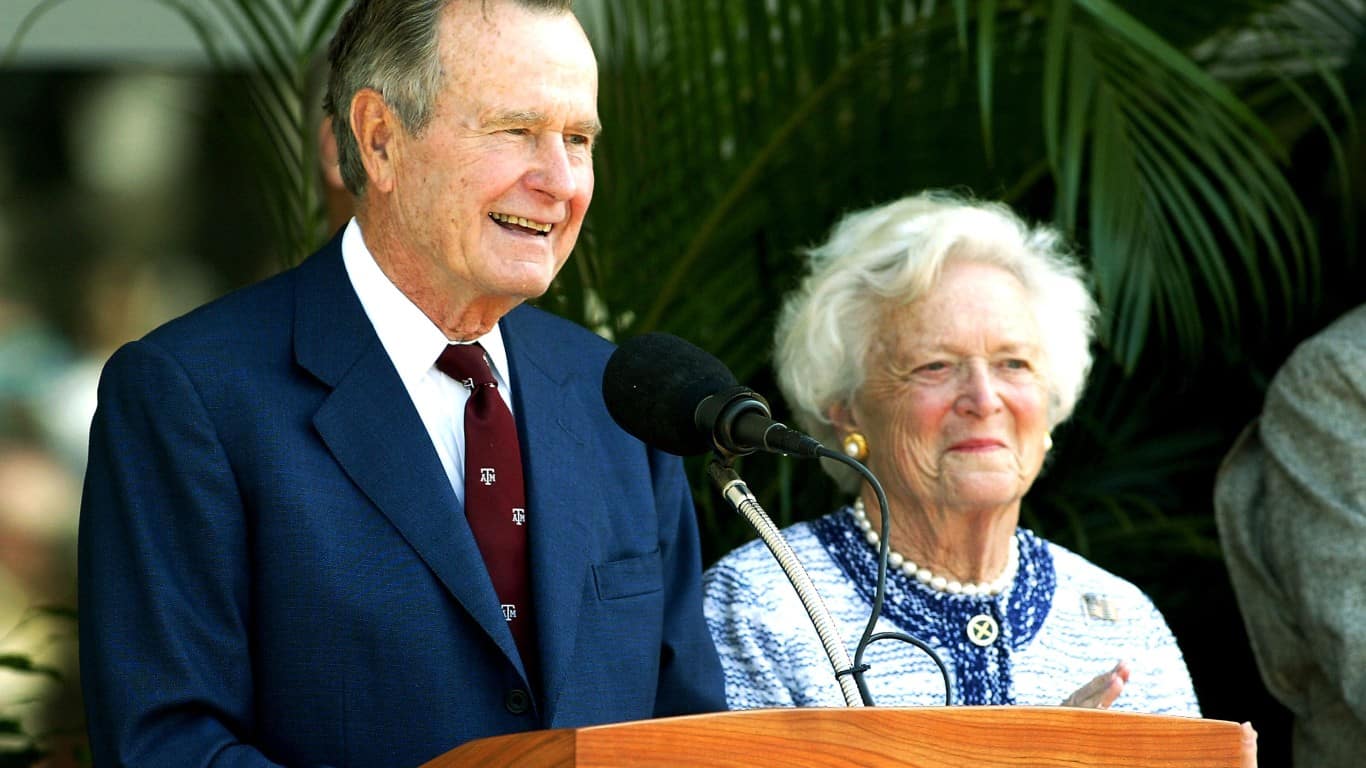
Bush was critical of Israel, though military and economic aid continued. Bush did withhold some loan guarantees to pressure Israel into halting construction.
7. Barack Obama
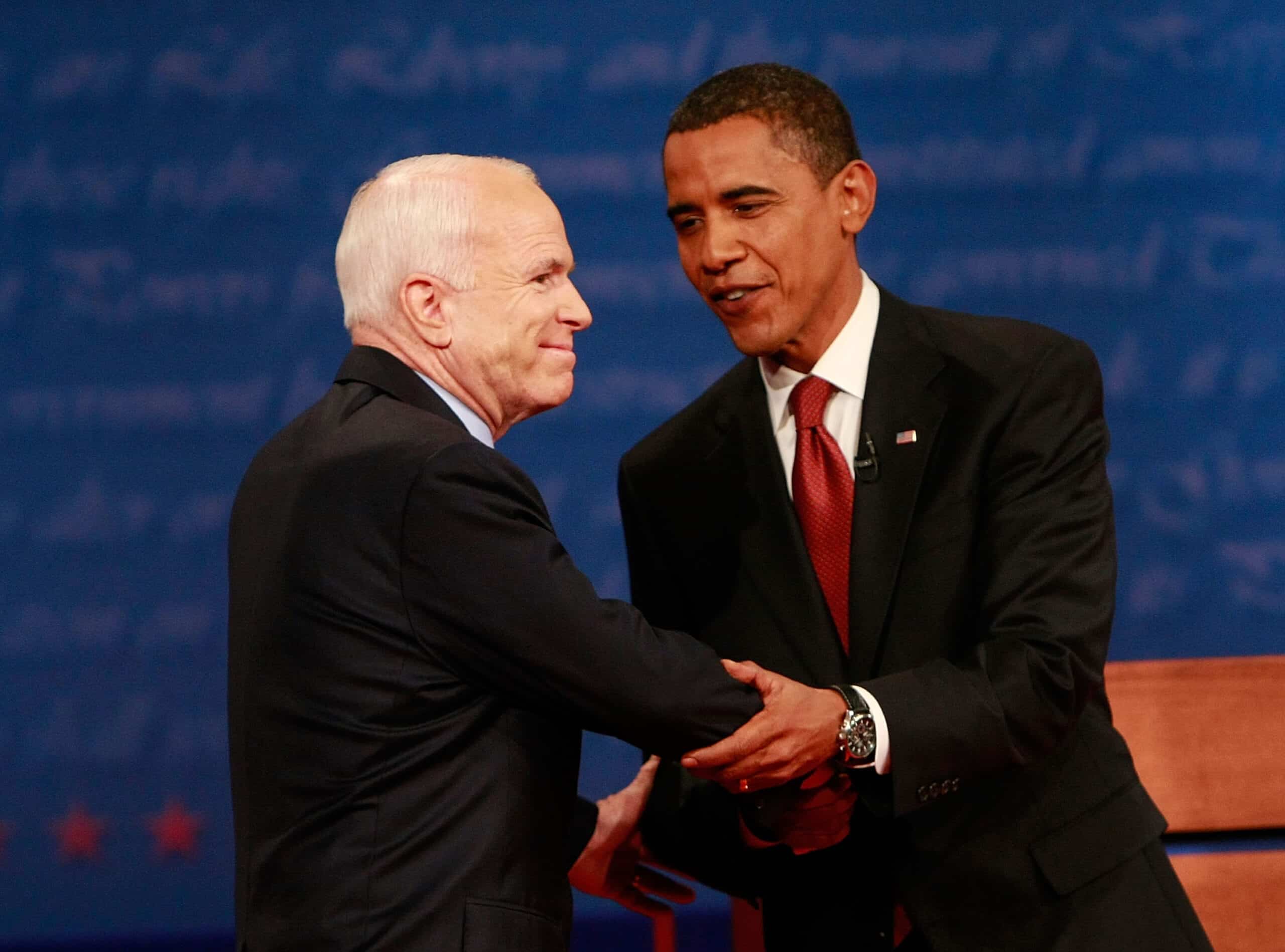
Obama’s relationship with Israel was complex. He increased military aid and supported Israel’s defense system. However, he was also critical of Israel and supported the Iran nuclear deal.
6. John F. Kennedy
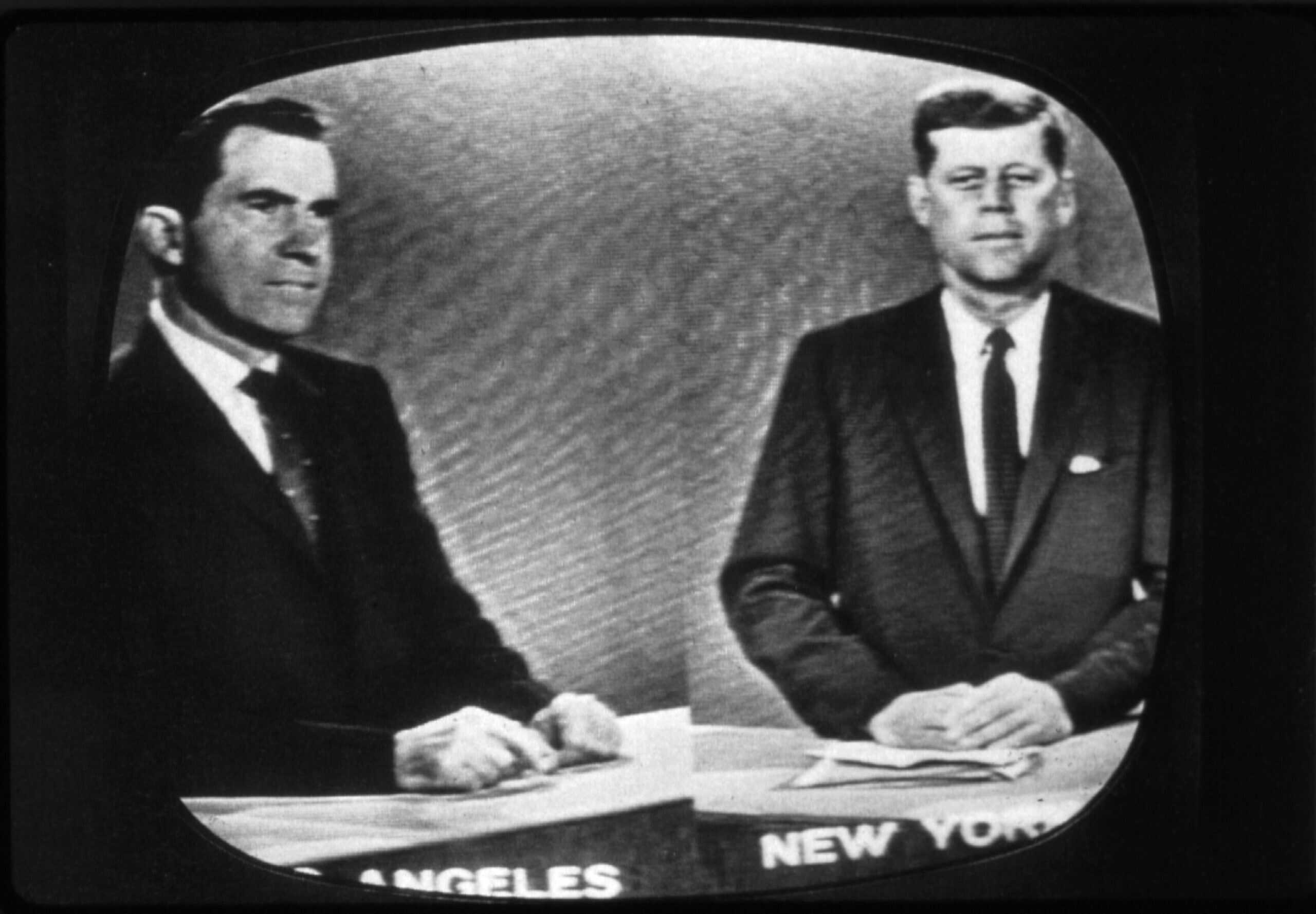
Kennedy was the first U.S. president to sell advanced weapons to Israel, marking a shift toward military support. He also approved surface-to-air missiles to Israel, which signaled America’s continued military backing.
5. Richard Nixon
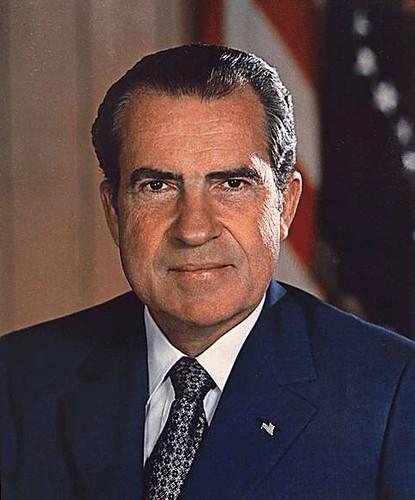
Richard Nixon provided substantial military aid, particularly during the 1973 Yom Kippur War. He did pressure Israel to enter peace talks, but his policy towards Israel was generally supportive.
4. Lyndon B. Johnson
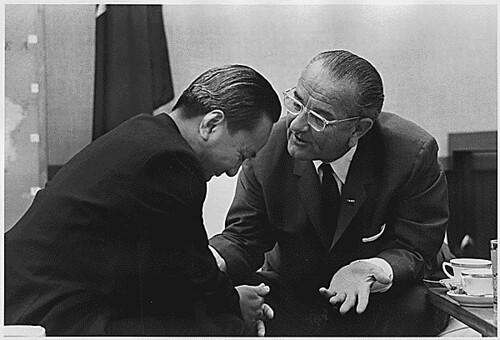
Johnson increased direct military assistance to Israel and supported them through the 1967 Six-Day War.
3. Ronald Reagan
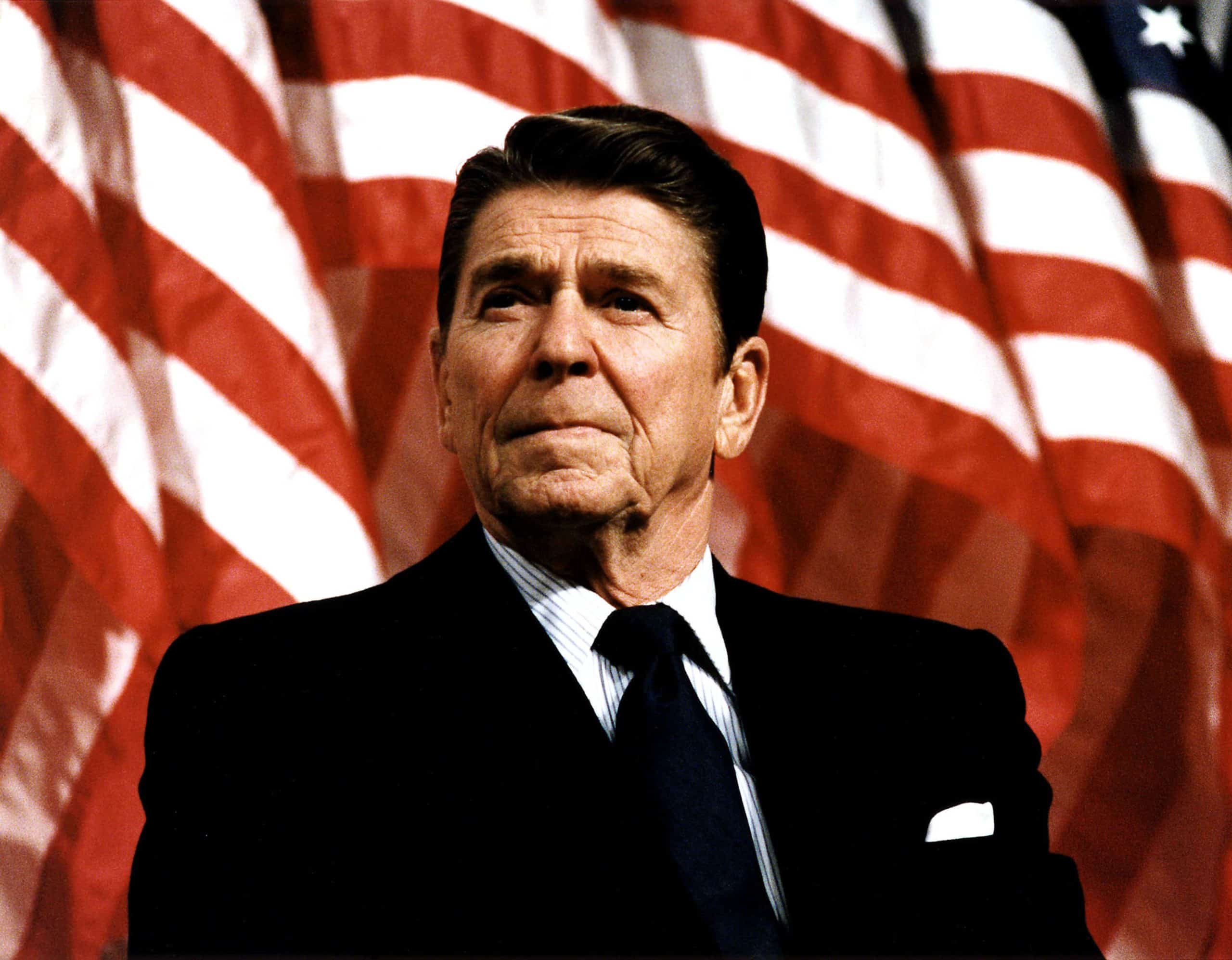
Reagan was very supportive of Israel, providing increased military aid and advanced technology to help Israel fend off growing threats. There were some tensions, but Reagan was overall very supportive.
2. Donald Trump
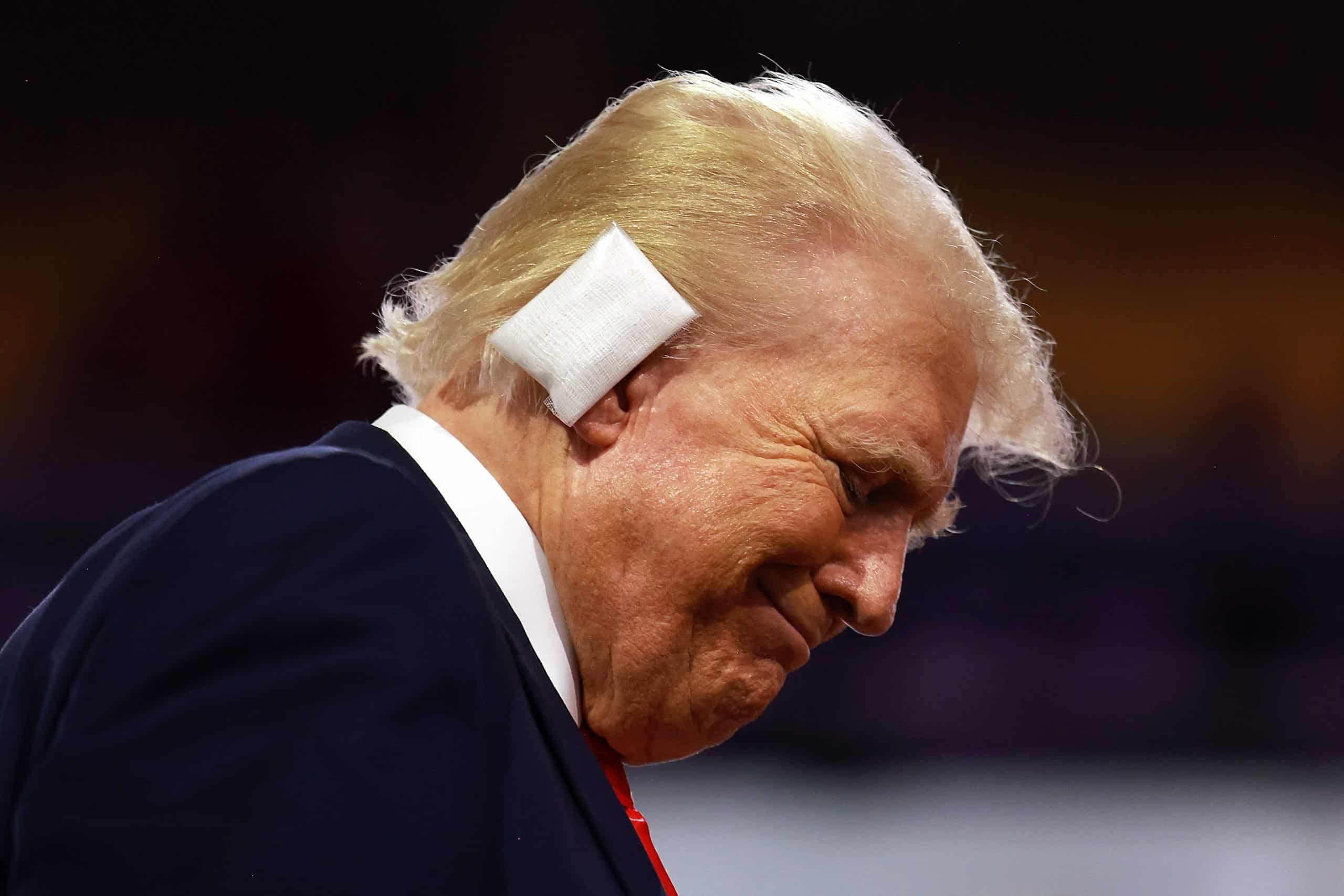
Trump was extremely supportive, recognizing Jerusalem as Israel’s capital and facilitating the Abraham Accords. He also maintained high levels of military aid to Israel.
1. Joe Biden
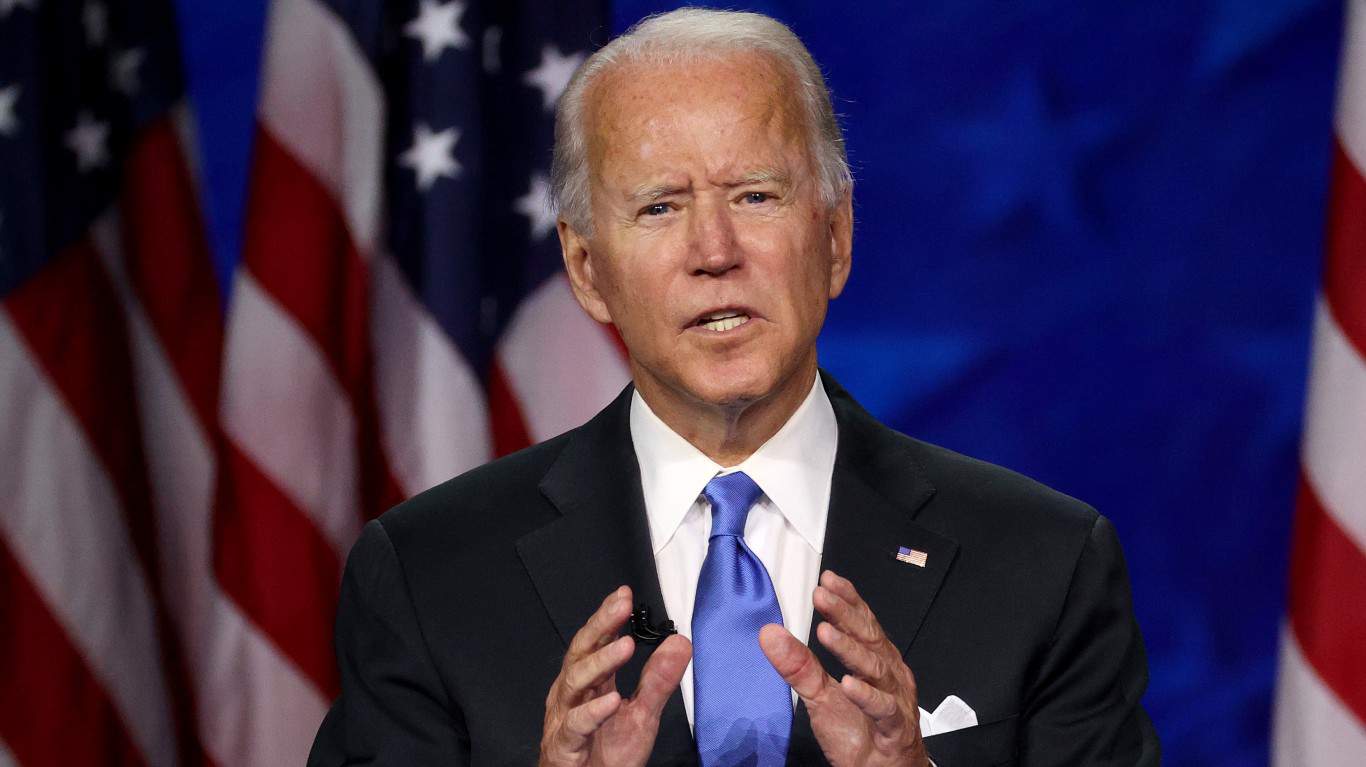
Biden provided continued military and economic aid to Israel, though he applied some diplomatic pressure for peace efforts.
Take Charge of Your Retirement In Just A Few Minutes (Sponsor)
Retirement planning doesn’t have to feel overwhelming. The key is finding expert guidance—and SmartAsset’s simple quiz makes it easier than ever for you to connect with a vetted financial advisor.
Here’s how it works:
- Answer a Few Simple Questions. Tell us a bit about your goals and preferences—it only takes a few minutes!
- Get Matched with Vetted Advisors Our smart tool matches you with up to three pre-screened, vetted advisors who serve your area and are held to a fiduciary standard to act in your best interests. Click here to begin
- Choose Your Fit Review their profiles, schedule an introductory call (or meet in person), and select the advisor who feel is right for you.
Why wait? Start building the retirement you’ve always dreamed of. Click here to get started today!
Thank you for reading! Have some feedback for us?
Contact the 24/7 Wall St. editorial team.
